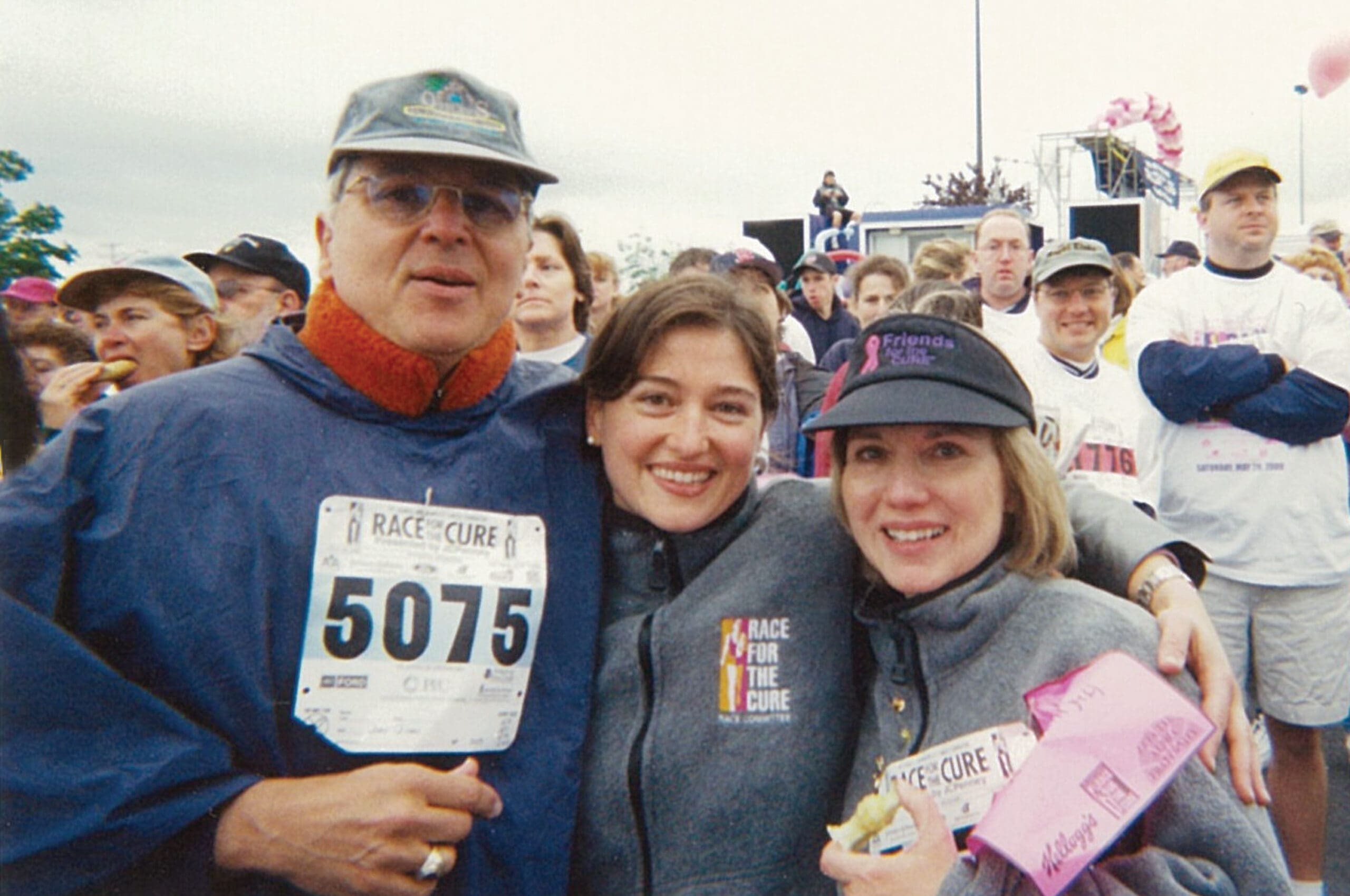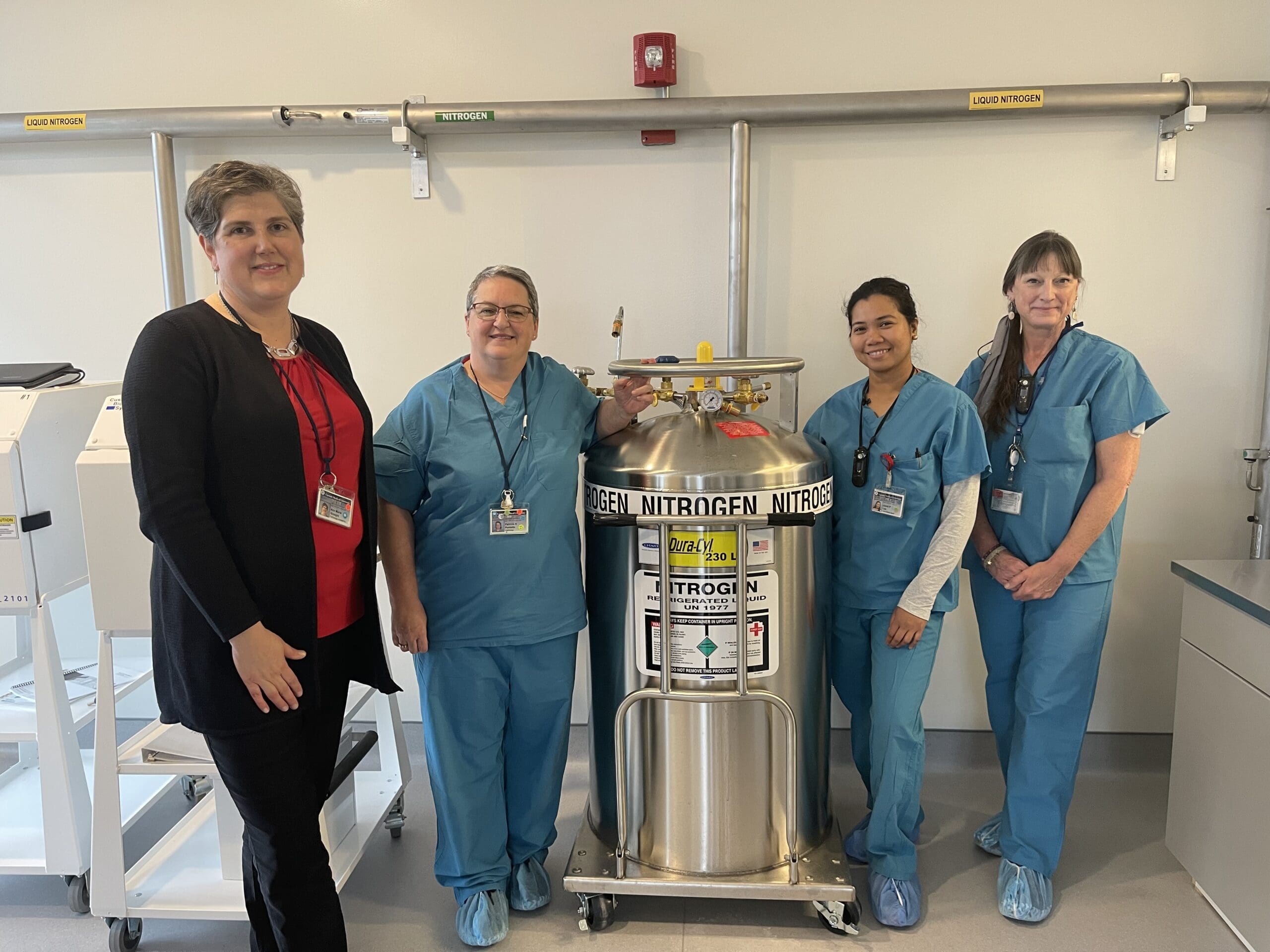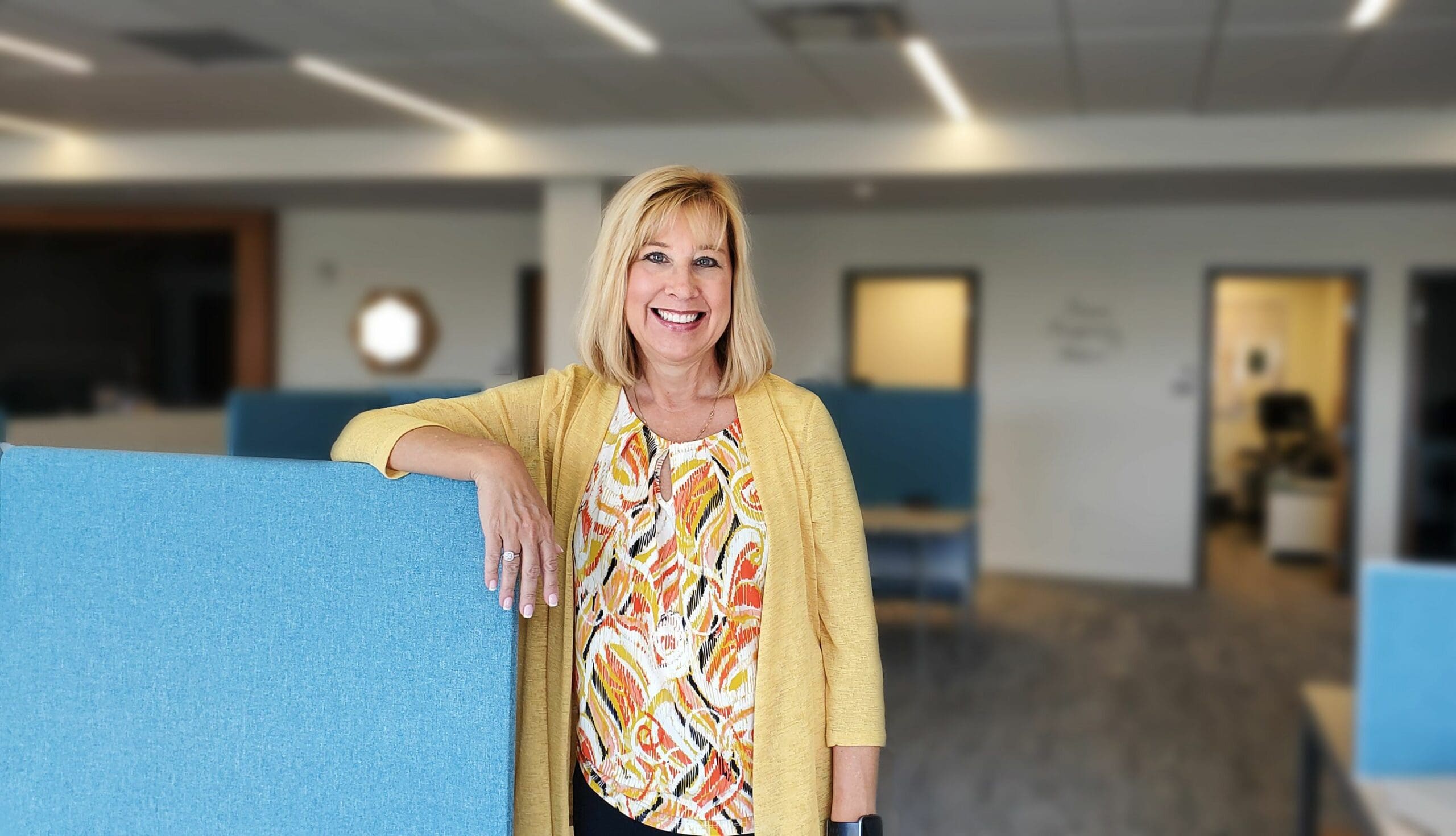By Heather Shannon, MS, CNM, NP, MPH
When you think of “Reproductive Health Clinic” what are your first thoughts? Unwelcoming? Low quality? Busy? Understaffed? Uncomfortable? Cheap? Not for me? Well, it’s time to get a better look! Let me introduce you to Oswego County Opportunities, Inc. (OCO) Centers for Reproductive Health. OCO, a private not-for-profit agency, is the Community Action Agency for Oswego County. Founded in 1966 as part of President Lyndon B. Johnson’s War on Poverty, OCO’s mission is to “inspire partnerships and provide services that empower people, support communities, and change lives.” A member agency of the United Way of Greater Oswego County, OCO provides more than 50 vital services at 100 separate locations.
Our reproductive health team consists of three highly qualified and licensed providers. Dinah Olson, MPAS, PA-C, has advanced practice skills in gynecological conditions affecting women from adolescence through the post-menopausal years. Lisa Sousou, PA-C, has extensive experience in rural women’s health and interests in adolescent health, preventative care and patient education. Heather Shannon, MS, CNM, WHNP, MPH has experiences in many public health arenas and expansive skills in women’s health throughout the entire lifecycle.
In 2018, OCO’s The Centers for Reproductive Health saw nearly 3,800 men and women for nearly 5,000 visits at our six locations (Central Square, Fulton, Mexico, Oswego, SUNY College at Oswego and Pulaski). OCO accepts most insurances, including Medicaid and Medicare. OCO serves all individuals and families in a non-judgmental, sensitive, and caring manner.
OCO receives Title X funding, which is a federal grant dedicated to providing individuals with family planning and preventative health services. The services OCO offers seek to meet the objectives of Healthy People 2020, which aims to improve the health of all Americans. Title X’s main goal is to increase the proportion of intended pregnancies and reduce the proportion of unintended pregnancies through use of reversible contraception. Allowing individuals to plan for their families also promotes the health and social well-being of individuals and families.
Besides providing patient care, our providers work closely with OCO’s vast programs for vulnerable clients. Suppose you do not have insurance and find a breast lump (man or woman) or several years have passed since you have had your last mammogram (ages 40-64) or Pap smear (ages 21-65). The North Country Cancer Services Program connects people to the NYS Cancer Services Program, housed at one of our centers, can get you the care you need and deserve. What if you are dealing with depression/anxiety or having trouble finding a job? What if you are about to lose your home and have nowhere to go? Maybe you cannot afford food for you and your family. We have a Community Health Specialist through the Rural Health Network to help you navigate through available services to you, for free, and often during your health visit. The process is simple and convenient. If you need help getting insurance, we have In-Person Assistors/Navigators onsite to help you enroll in the Public Health Insurance program that will meet your needs.
The #MeToo movement has brought to light domestic violence and sexual assault against men and women. OCO has Services to Aid Families (SAF) program that provides services and an immediate crisis hotline for victims of crime, domestic violence and sexual assault. Just tell someone at OCO or call the 24/7 Crisis Hotline at (315) 342-1600 (toll-free: 1-877-342-7618). We will help you take care of the rest. Many of OCO’s services are no-cost or low-cost and all services are confidential.
Recently, a middle-aged woman presented for her annual exam. Her biggest complaint was worsening breast tenderness. Besides teaching her how to do a breast exam and ordering her routine mammogram, we talked about wearing a supportive bra and getting a new bra every year. She laughed and said it has been more than 20 years since she got a new bra, as she cannot afford one. It is true: bras can cost more than to $200. However, the recommendation is for each woman to have three to four supportive bras and two sports bras. That is a small fortune that many cannot afford. Fortunately, a recent article in Syracuse Woman Magazinemade OCO’s health center staff aware of a program that could assist called “I Support the Girls.” This program collects and distributes new and gently used bras and other feminine needs products to underserved programs/women. With knowledge of this program and additional searching, OCO was able to help this woman find new-to-her bras. On a follow-up appointment, she no longer suffered from breast pain. Success!
We see mostly women at our centers, but men have reproductive health needs, too! Besides evaluation for sexually transmitted infections, we provide breast cancer screening services to men. Yes, men can get breast cancer, too! A young man in his mid-20s attended a visit with his girlfriend. During the breast exam portion of her visit, he mentioned he had a lump and a strong family history of breast cancer. He did not have insurance and could not afford the costs associated with the visit or testing. Through OCO’s North Country Cancer Services Program, he was connected with the NYS Cancer Services Program, evaluated by one of our providers, and had the appropriate imaging and referrals needed.
OCO strives to provide services that empower people, support communities and change lives. The Centers for Reproductive Health face every day with this mission in mind. No matter why a patient walks through our doors, we try to make every visit its own success story. Visit thecentersatoco.org for further information or visit us on our Facebook page.
Now, back to the original question: What comes to mind when you think of “Reproductive Health Clinic?”





